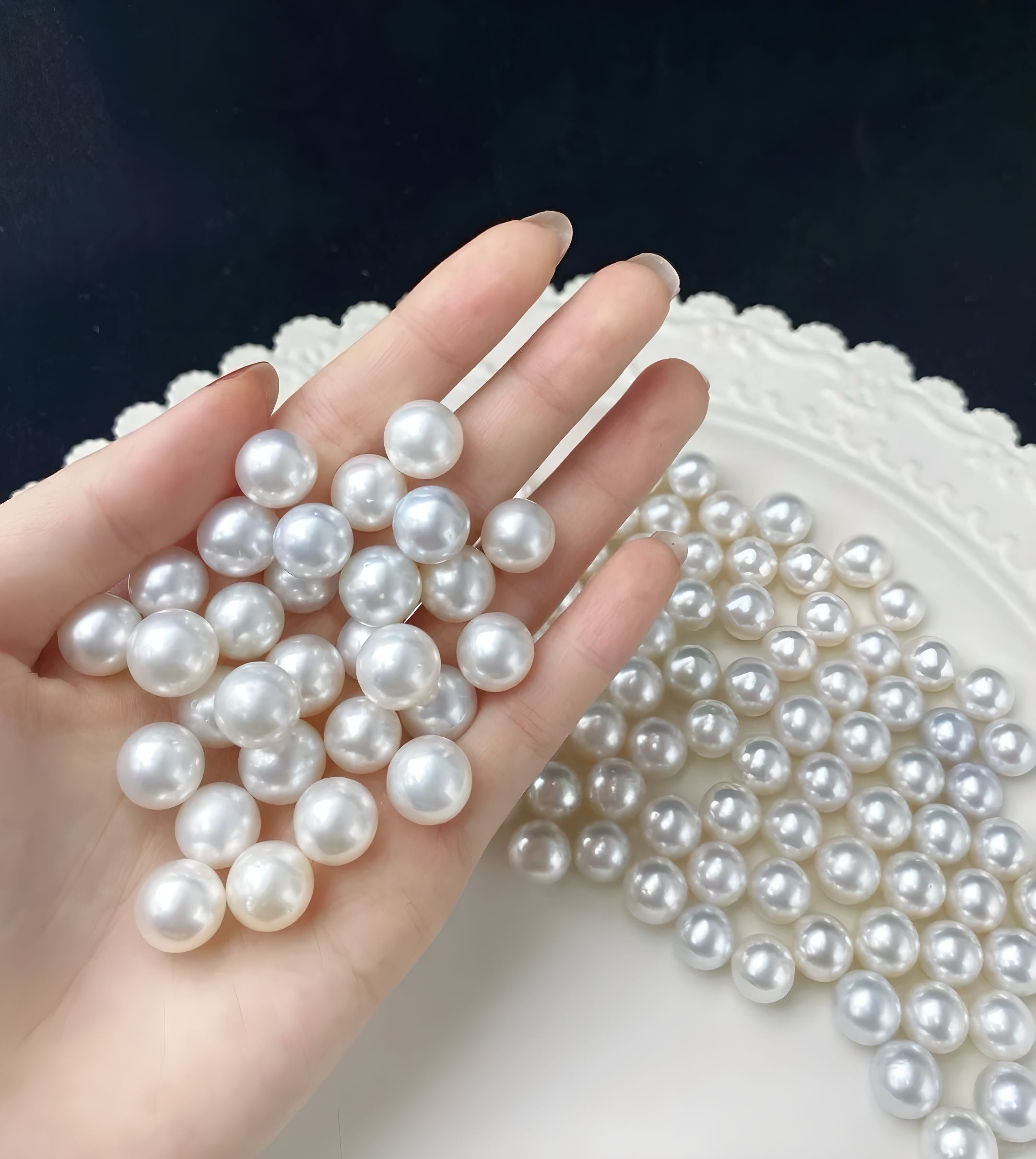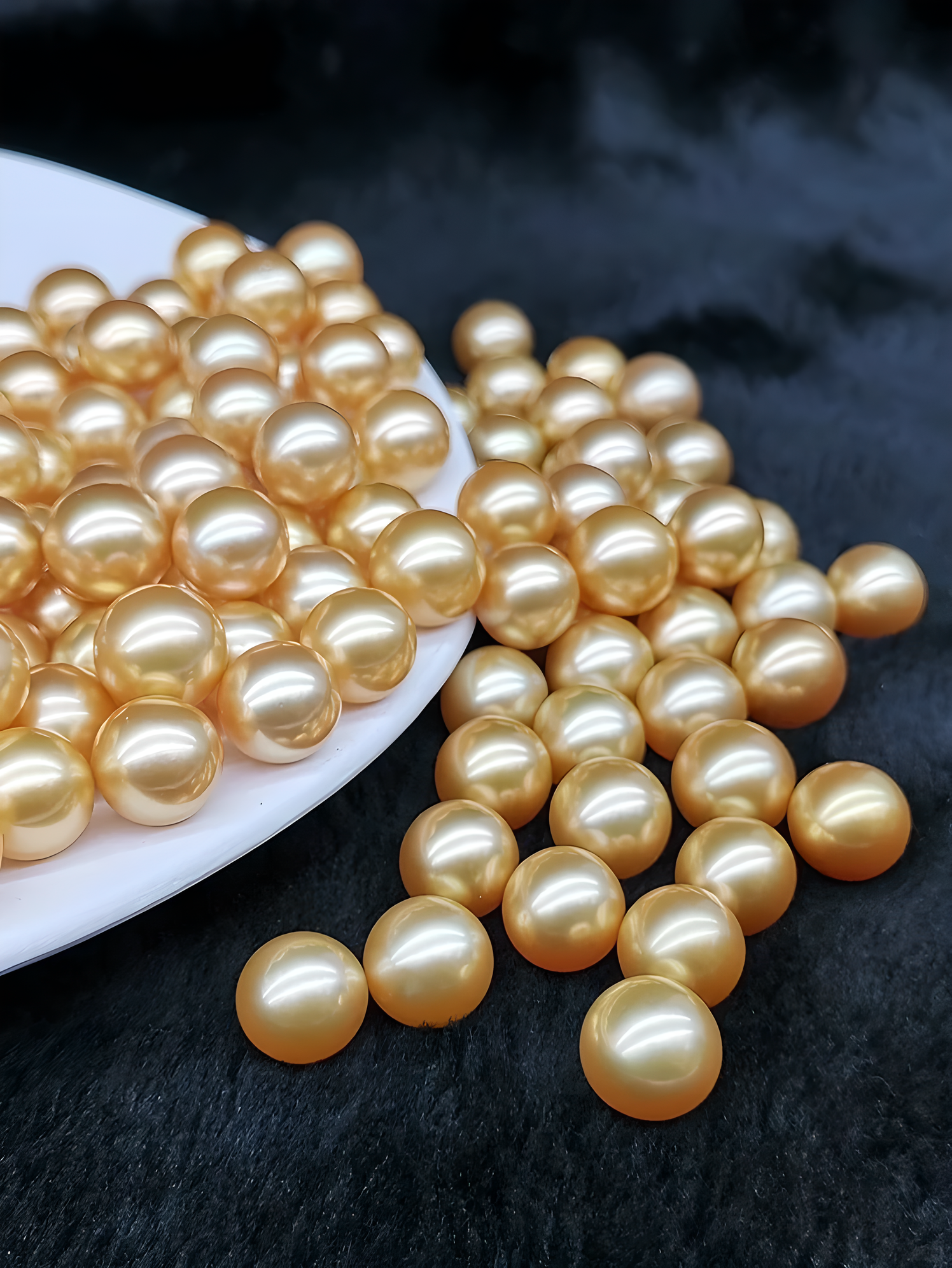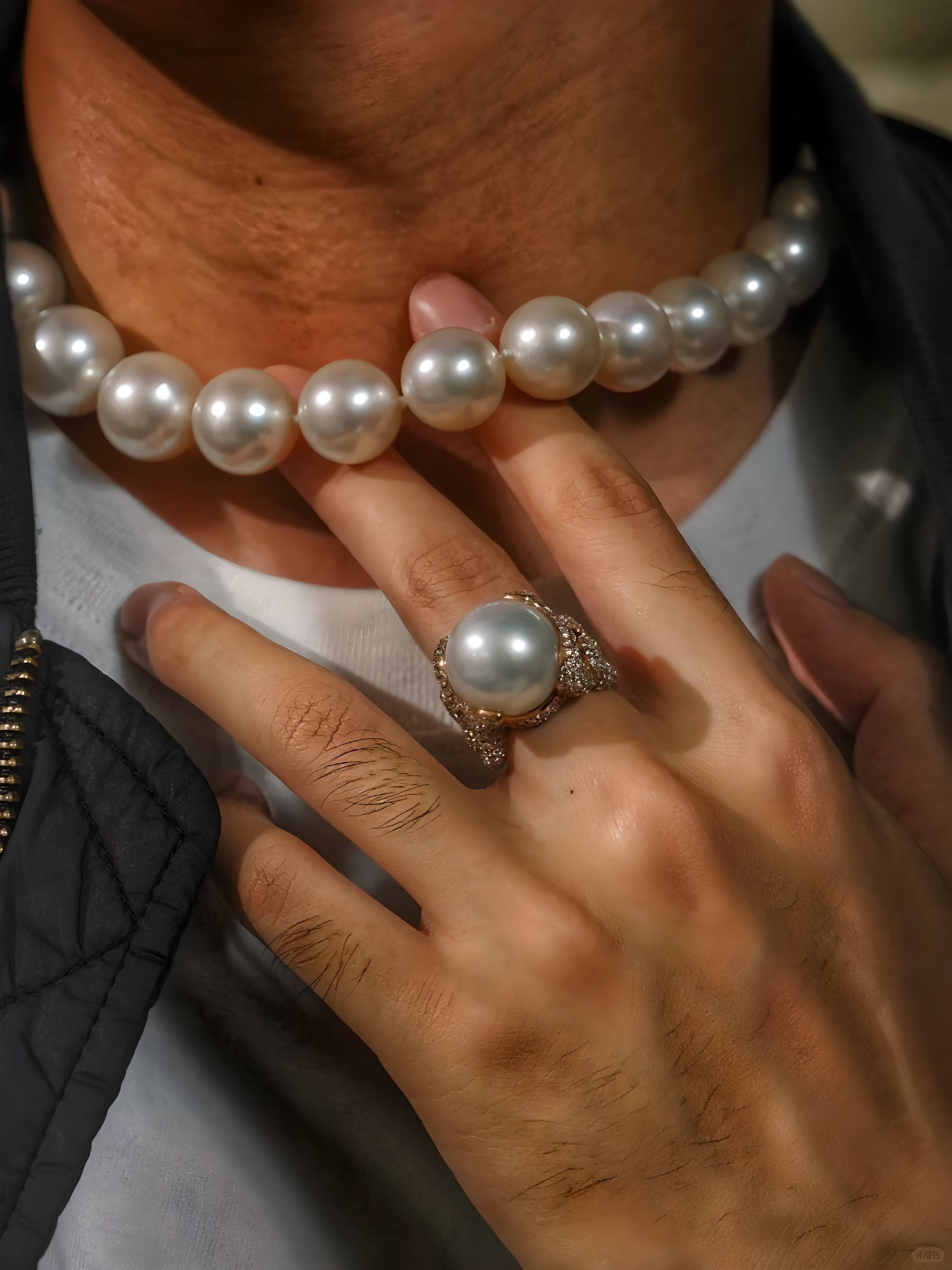
How to Spot Real Pearls: A Guide to Authenticity
How to Identify Real Pearls with the Naked Eye: Your Guide to Authenticity
Unlocking the Mysteries of Pearl Authenticity
Imagine standing before a shimmering display of pearl jewelry, each piece more enchanting than the last. Yet, as you admire their luster, a question arises: “How can I be sure these pearls are real?” With a little knowledge and keen observation, identifying genuine pearls with the naked eye can transform your shopping experience. This guide will empower you to make informed choices in the glittering world of pearl jewelry.

The Visual Appeal: Lustrous Beauty
Pearls have a unique luster that sets them apart from other gemstones. Real pearls exhibit a deep, multi-dimensional sheen that captivates the beholder. As the renowned gemologist Antoinette Matlins once remarked, “A pearl is just the right jewel to wear any time" (source: Antoinette Matlins, Gemologist). Authentic pearls reflect light gracefully, offering a glow that seems to emanate from within. This phenomenon is a key indicator of their authenticity.
Factors Influencing Pearl Luster:
- Thickness of Nacre: Real pearls are formed layer by layer, and it is the thickness of these nacre layers that contributes to a pearl’s depth and brilliance.
- Surface Condition: Even high-quality pearls might have slight blemishes, a testament to their natural origin.
Shape and Symmetry: Embracing Organic Imperfection
Nature seldom creates perfect spheres, and pearls are no exception. While many artificial pearls mimic the ideal roundness, authentic pearls often showcase slight irregularities in shape. This organic imperfection is not a flaw but a cherished hallmark of authenticity (source: Pearl Science, GIA).
Recognizing Genuine Shapes:
- Round: Highly valued and often used in classic necklaces.
- Baroque: Uniquely shaped pearls that can create stunning, original pieces.
Surface Texture: The Touch Test
The “touch test” is a time-honored method for discerning real pearls. Genuine pearls have a subtle, gritty texture due to the layers of nacre. This contrasts with the smoothness of synthetic pearls.
Performing the Touch Test:
- Rub: Gently rub a pearl against your teeth or a smooth surface.
- Feel: Real pearls will feel slightly gritty, a result of natural nacre layers.
Color: A Symphony of Hues
Pearls come in a range of hues, from classic whites and creams to exotic blacks and golds. The color can give further clues to their authenticity. Natural pearls exhibit depth and variation in color that synthetic counterparts often lack.
Understanding Pearl Color:
- Overtone: A secondary color that adds to the pearl’s primary hue.
- Bodycolor: The dominant color of the pearl, influenced by the species of mollusk and environmental factors.
Conclusion: The Pearl of Wisdom
In the quest to identify real pearls, understanding the intrinsic properties of these gemstones is key. Whether it’s their luster, shape, texture, or color, genuine pearls possess characteristics that synthetic ones cannot replicate. As you embark on this journey of discovery, remember that the beauty of pearls lies not only in their appearance but in their unique origin and formation. With these insights, you’re equipped to appreciate the timeless allure of real pearls with confidence.
By mastering these techniques, you can ensure that the pearls you cherish possess the true essence of luxury and authenticity. This knowledge not only enhances your personal collection but also deepens your connection to these natural wonders.
Article Keyword Tags
- Real Pearls
- Pearl Authenticity
- Genuine Pearl Identification
- Pearl Luster
- Pearl Jewelry



Leave a comment
This site is protected by hCaptcha and the hCaptcha Privacy Policy and Terms of Service apply.